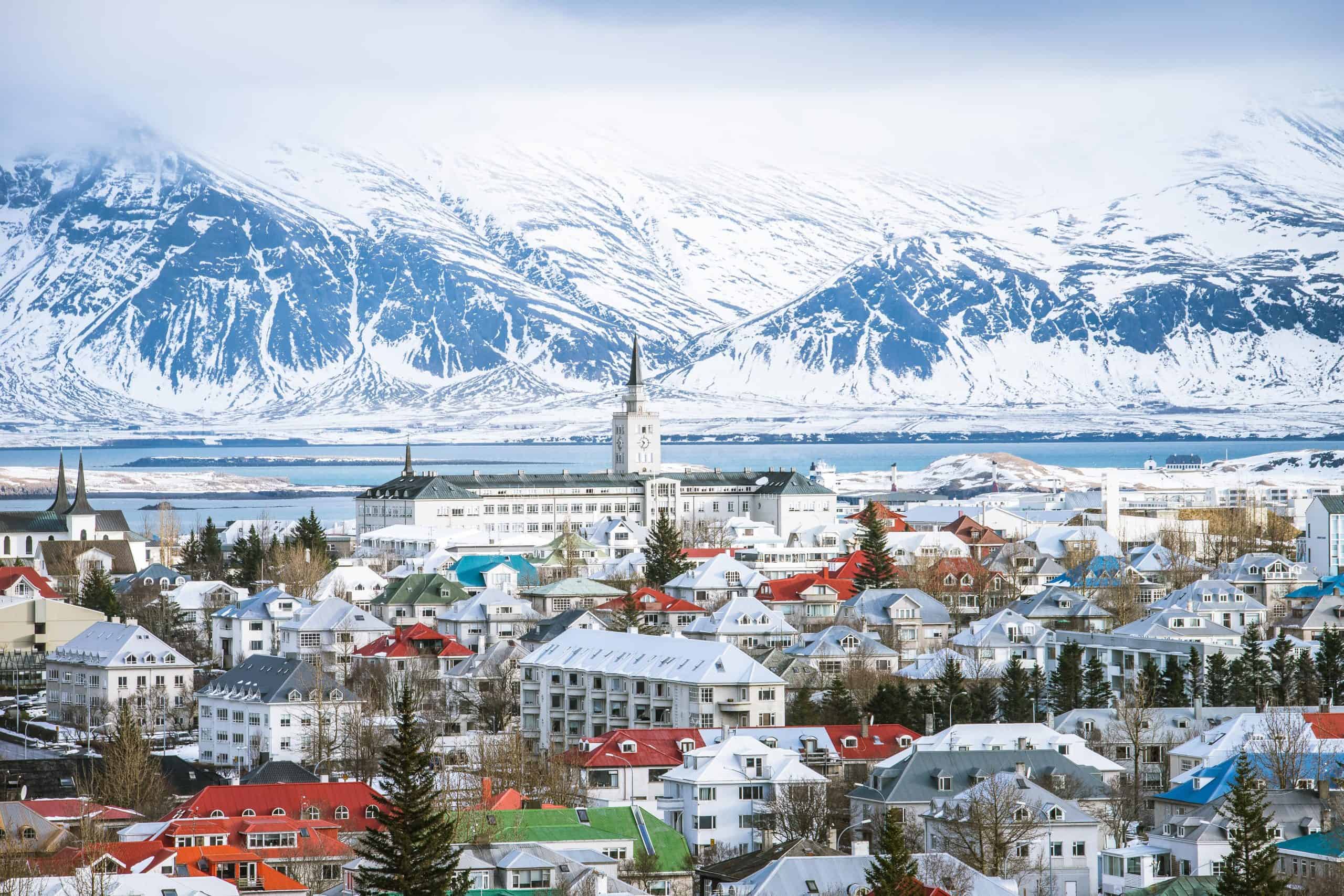
Key Points:
- Iceland supports NATO with its Coast Guard, monitoring air defenses, and hosting military exercises.
- Contributes financially and aids Ukraine despite limited resources.
- Small population and GDP limit military impact, but strategic location remains crucial to NATO.
- Also: Smart money is placing bets for 2025’s best investment, and “the next Nvidia” is a frontrunner. Click here to learn more now.
Iceland’s unique contributions to NATO despite lacking traditional armed forces. As a founding member, Iceland’s involvement includes monitoring NATO’s air defenses with its coast guard, covering a vast area with four radar stations. While Iceland does not meet the typical defense spending targets due to its small population and GDP, it still contributes significantly through financial support, humanitarian aid, and specialized training, such as bomb disposal for Ukrainian forces. The conversation emphasizes that NATO contributions are not solely measured in monetary terms or military size, but also in strategic support and specialized
Iceland’s Flexible Commitment to NATO
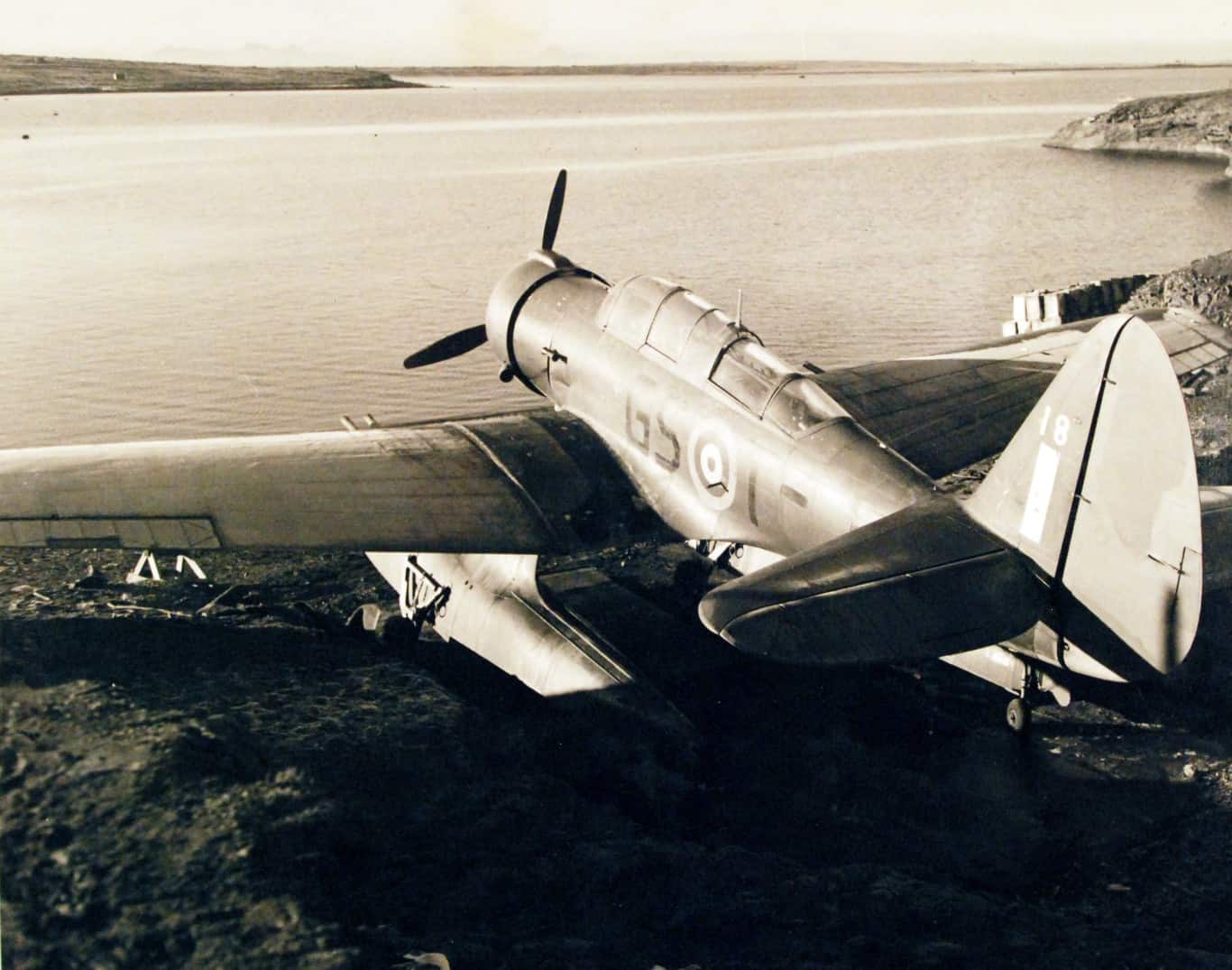
- Despite being a founding member of NATO, Iceland falls short of traditional military commitments, largely due to its unique geopolitical situation.
- NATO allows flexibility for its members; some countries, like France and Greece, have temporarily removed themselves from the command structure but later returned.
Iceland’s Contributions Beyond Military Forces

- Coast Guard and Air Defense Monitoring: Iceland’s closest equivalent to armed forces is its coast guard, which monitors NATO’s air defenses with four radar stations covering an area roughly the size of Germany.
- Strategic Location and Training Exercises: Iceland hosts NATO training exercises, such as those conducted by the British and American air forces. The American-built air base in Iceland, temporarily shut down after the Cold War, is now operational again.
Financial and Humanitarian Support
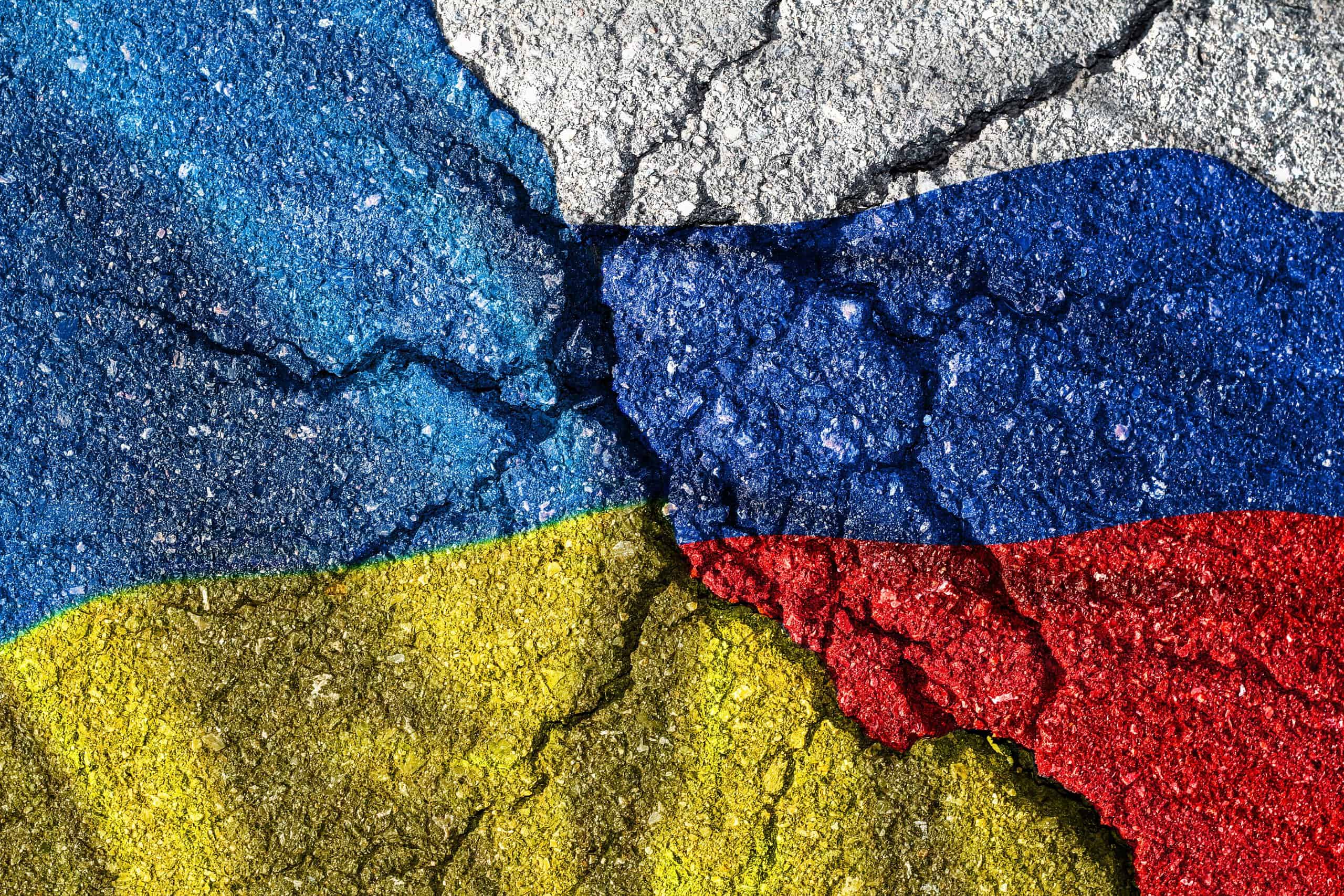
- Iceland contributes financially to NATO’s running costs, supporting the alliance in proportion to its limited means.
- Despite its small size, Iceland has contributed to the Ukraine conflict through:
- Participation in the Czech Republic’s artillery munitions scheme.
- Providing a field hospital and training Ukrainian forces in bomb disposal.
- Offering various types of humanitarian aid.
The Impracticality of a Traditional Military Force for Iceland
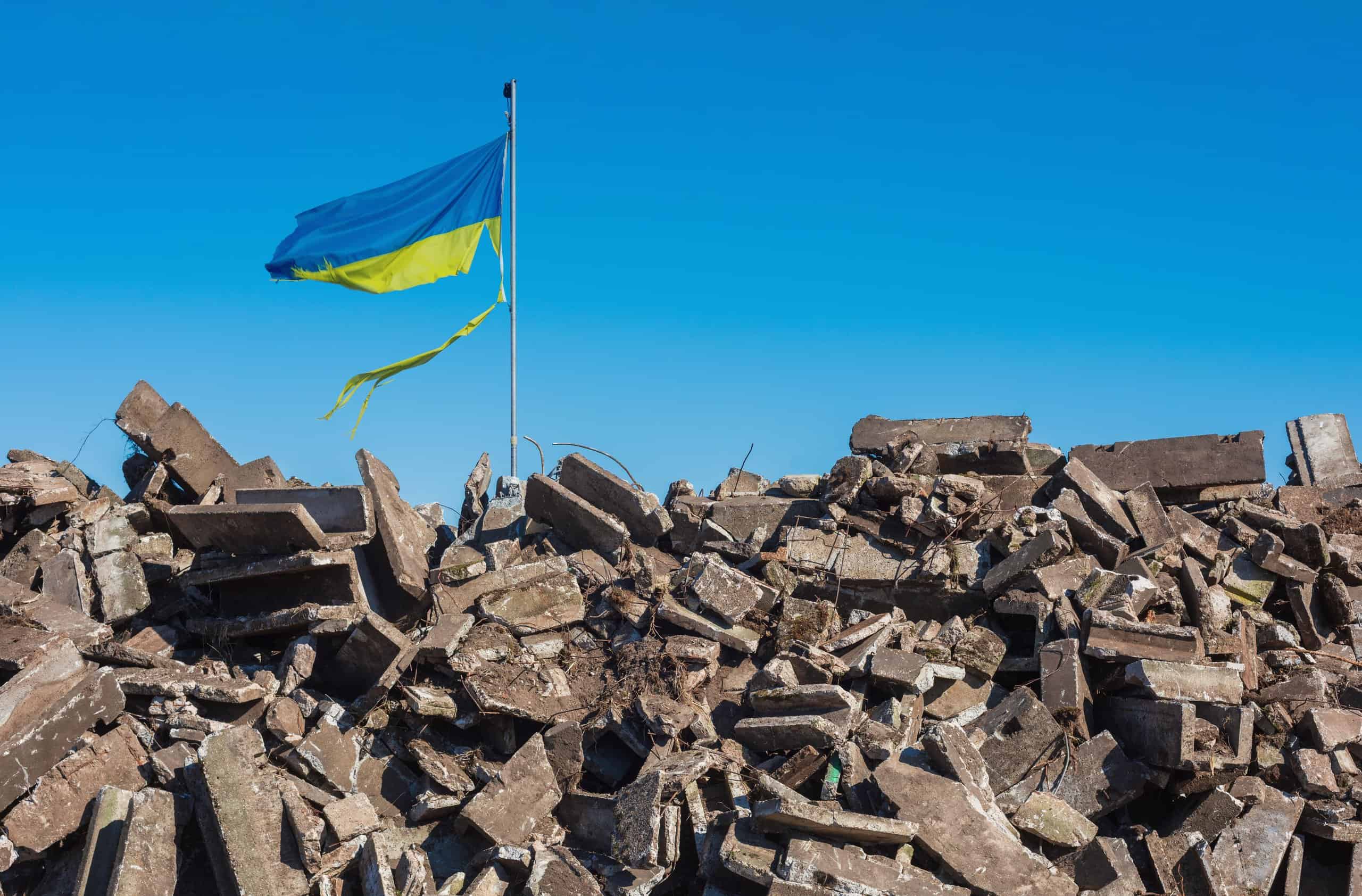
- Iceland’s small population (around 400,000) and limited GDP (approximately $25 billion) make it unrealistic to create a significant armed force.
- Even if Iceland dedicated 2% of its GDP to defense (around $500 million), it would have minimal impact on NATO’s overall military capabilities.
Iceland’s Role as an Outlier in NATO
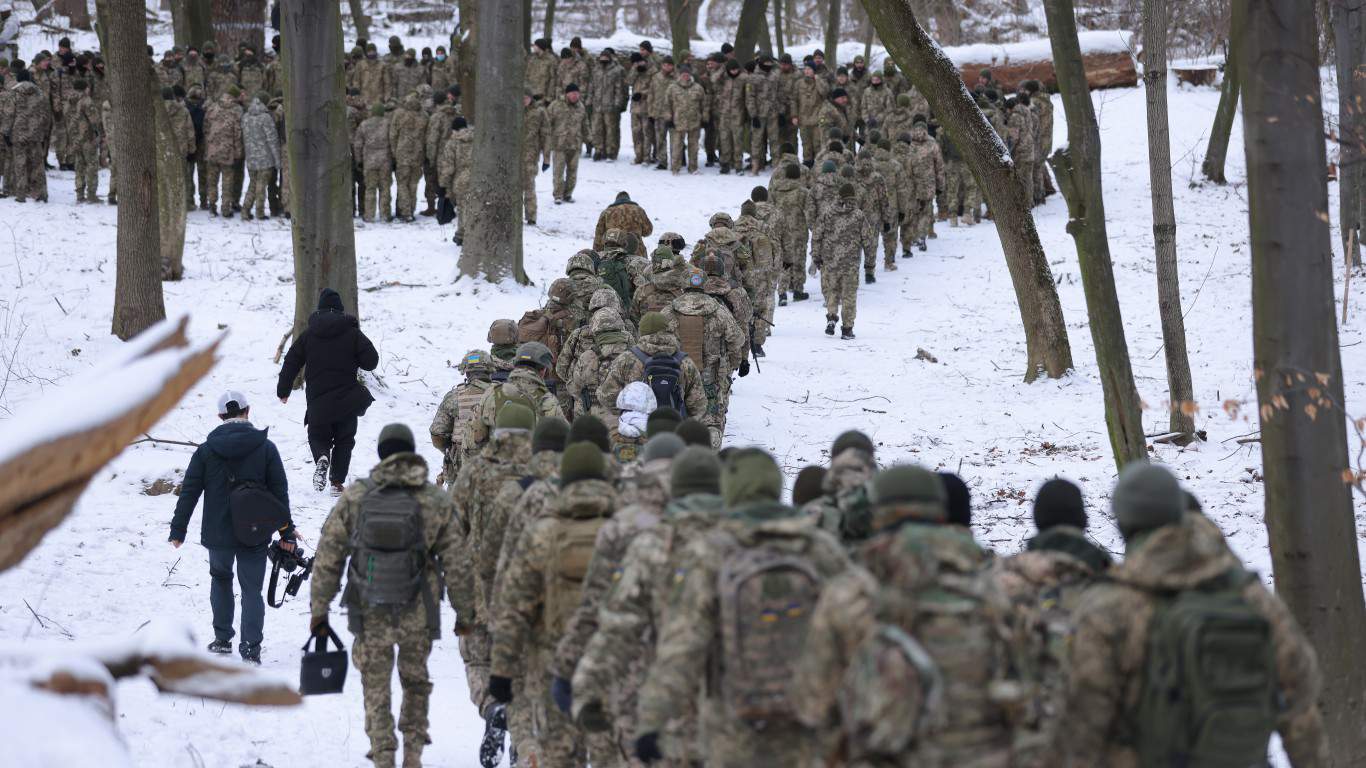
- While Iceland does not contribute in traditional military terms, it remains an important member by maximizing its strategic advantages and providing support in other ways.
- Iceland’s most valuable contributions may lie in training, logistical support, and humanitarian aid rather than direct military spending.
Conclusion: Beyond Dollars and Cents
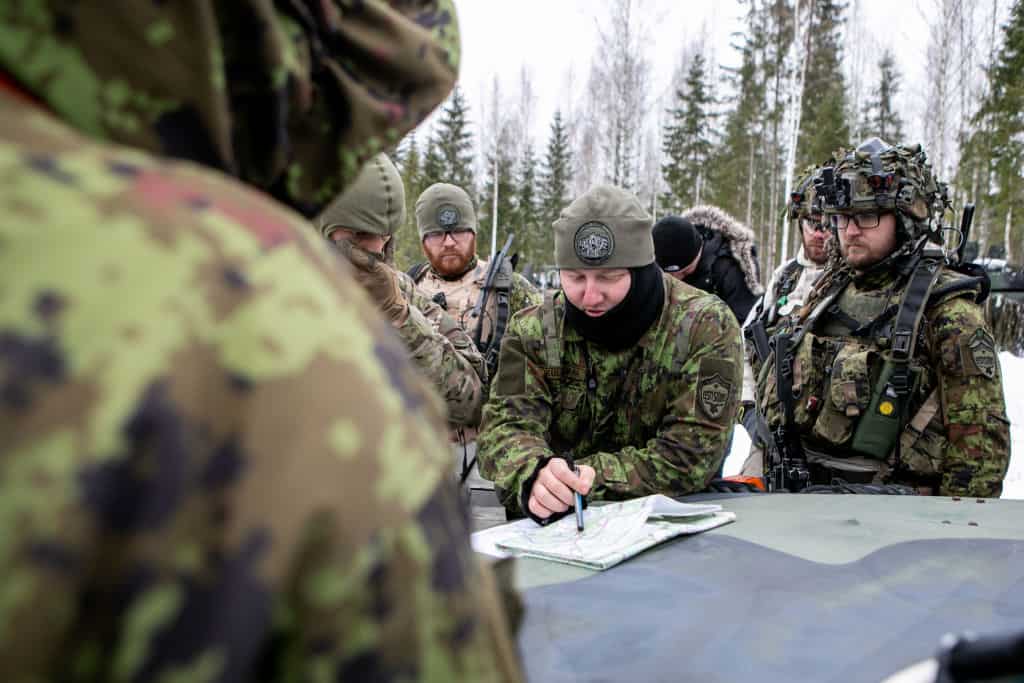
- Iceland exemplifies how NATO contributions can extend beyond financial and military commitments, highlighting the diverse ways smaller member countries can support the alliance.
It’s Your Money, Your Future—Own It (sponsor)
Retirement can be daunting, but it doesn’t need to be.
Imagine having an expert in your corner to help you with your financial goals. Someone to help you determine if you’re ahead, behind, or right on track. With SmartAsset, that’s not just a dream—it’s reality. This free tool connects you with pre-screened financial advisors who work in your best interests. It’s quick, it’s easy, so take the leap today and start planning smarter!
Don’t waste another minute; get started right here and help your retirement dreams become a retirement reality.
Thank you for reading! Have some feedback for us?
Contact the 24/7 Wall St. editorial team.




